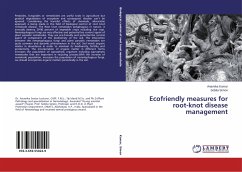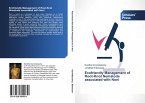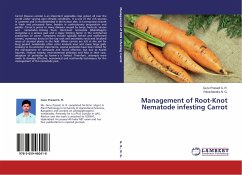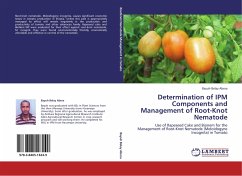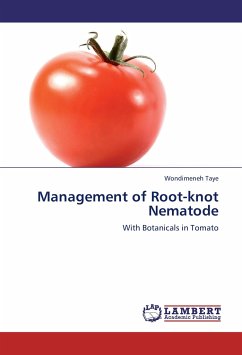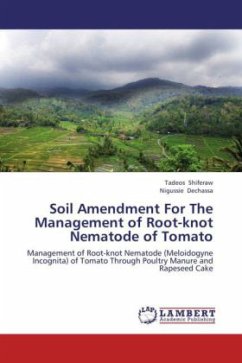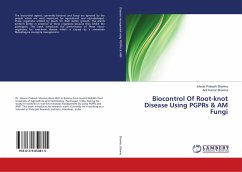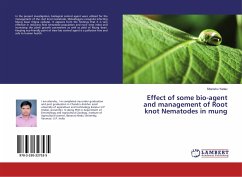Pesticides, fungicides or nematicides are useful tools in agriculture but gradual degradation of ecosystem and consequent disaster can t be ignored. Considering the harmful effects of chemicals, alternative approach is being made in the field of biological control of root knot nematode disease. The Root knot nematodes polyphagous in nature, it annually destroy 29-90 percent of vegetable crops including rice crop. Nematophagous fungi are very effective and potential bio control agent of plant parasitic nematodes. They are eco-friendly and potential bio control agent of component of the biodiversity of the soil. The interaction between the nematophagous fungi and plant parasitic nematodes are quite common and dynamic phenomenon in the soil. Soil needs organic matter in abundance in order to maintain its biodiversity, fertility and productivity. The incorporation of organic matter in different forms increases the population of saprophytic organism including saprophytic nematodes that are important in recycling process.With the increase of nematode population, increases the population of nematophagous fungi, we should incorporate organic matters periodically in the soil.
Bitte wählen Sie Ihr Anliegen aus.
Rechnungen
Retourenschein anfordern
Bestellstatus
Storno

